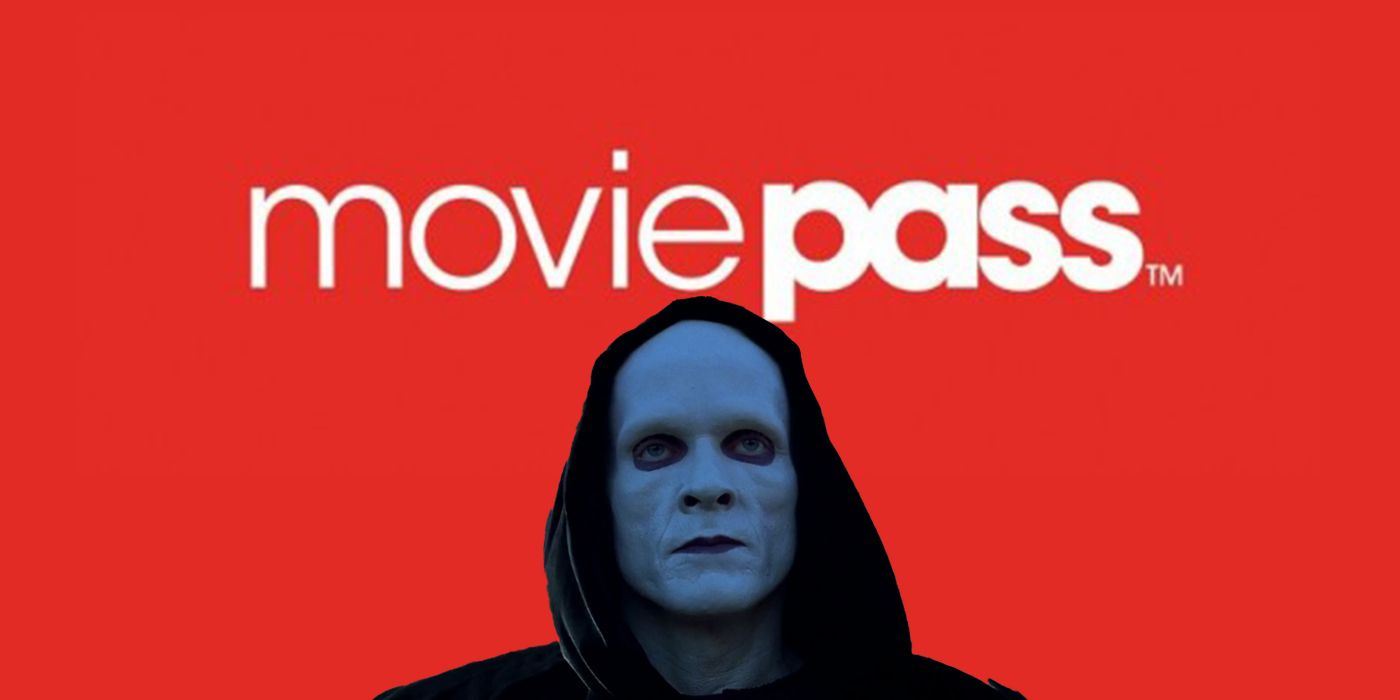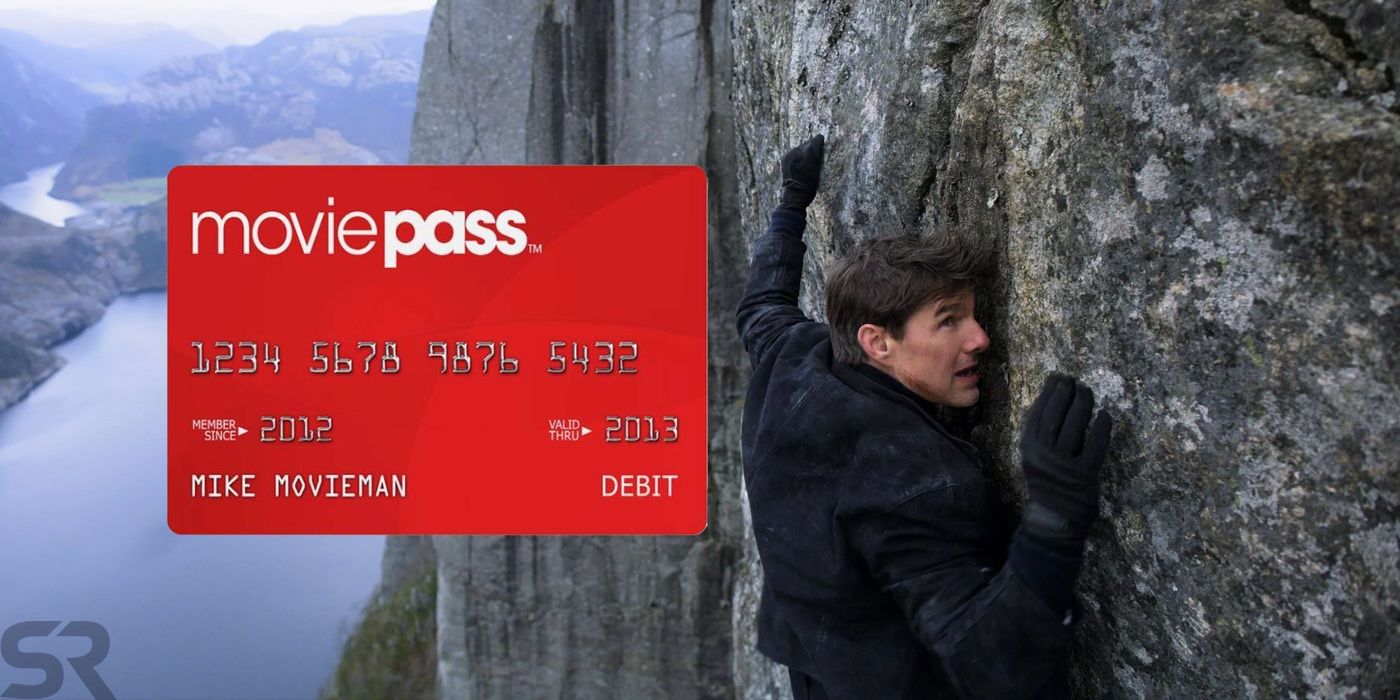In the last few days, theatrical screening subscription service MoviePass has fallen into complete disarray, and here's a recap of what's happened. While many may not be aware of it, MoviePass has actually existed since 2011, operating as an expensive luxury item in which people paid between $30-$50 per month for unlimited movie viewings in theaters. It wasn't until August 2017 that MoviePass got on the radar of the masses, thanks to the decision to slash its monthly rate to a Netflix-esque $9.95.
Millions of people hopped on the bandwagon, but the problem was that the new MoviePass business model was never really sustainable. As much as the company's corporate bosses might have tried to act like selling customers' viewing data would eventually lead to big profits, the fact is that the average price of a single movie ticket in the U.S. is $9. Thus, once a customer went to see more than a single movie in a month, MoviePass was losing money on that customer. Multiply that by over 3 million subscribers, and the problem becomes obvious to anyone with even a rudimentary understanding of how numbers work.
Related: Walking Dead Trolls MoviePass Over Blocking Ticket Purchases
With that in mind, it never really seemed like a matter of if MoviePass would go out of business, but when. Sure enough, last Thursday night saw MoviePass suddenly go down almost completely. Users' branded debit cards needed to purchase physical tickets stopped working, and only the tiny fraction of people who live near a theater that partners with MoviePass to offer e-ticketing could see films. Considering that this was the opening night for Mission: Impossible - Fallout, people weren't happy, to put it mildly.
On Friday morning, it was revealed by an SEC filing that MoviePass had literally run out of money to pay for its customers' tickets. E-tickets weren't affected because MoviePass has an agreement with those theaters to not pay at the moment of purchase. The company received a $6 million loan with pretty terrible terms - the entire thing has to be paid back by August 5 - to get back up and running, which they managed to do by Friday night.
MoviePass' "resurrection" came with a new wrinkle though. Subscribers were now blocked from using their pass to buy a ticket to Mission: Impossible - Fallout, a restriction set to last for an unspecified amount of time. As if that wasn't bad enough, everything but e-ticketing went back down on Saturday night for nearly all users, only regaining full functionality late Monday night. While MoviePass currently seems to be operating as normal - aside from no access to Tom Cruise's latest blockbuster - a report yesterday claimed that CEO Mitch Lowe told employees in a meeting that this practice of blocking big releases will continue for the foreseeable future, with Disney's Christopher Robin and giant shark action/horror flick The Meg cited as examples.
MoviePass doesn't quite seem to be ready to give up the ghost, but at this juncture, it seems like only a matter of time until they run out of money again and have to close up shop. If they do die soon, MoviePass can at least know that they made an impact on the American moviegoer, as the idea of a theatrical subscription plan proved popular enough that AMC Theatres recently introduced its own service called AMC Stubs A-List. It wouldn't be very surprising to see other big cinema chains like Regal or Cinemark end up doing something similar. MoviePass or no MoviePass, the verdict from the consumer seems clear: the price of movie tickets is just too damn high.


